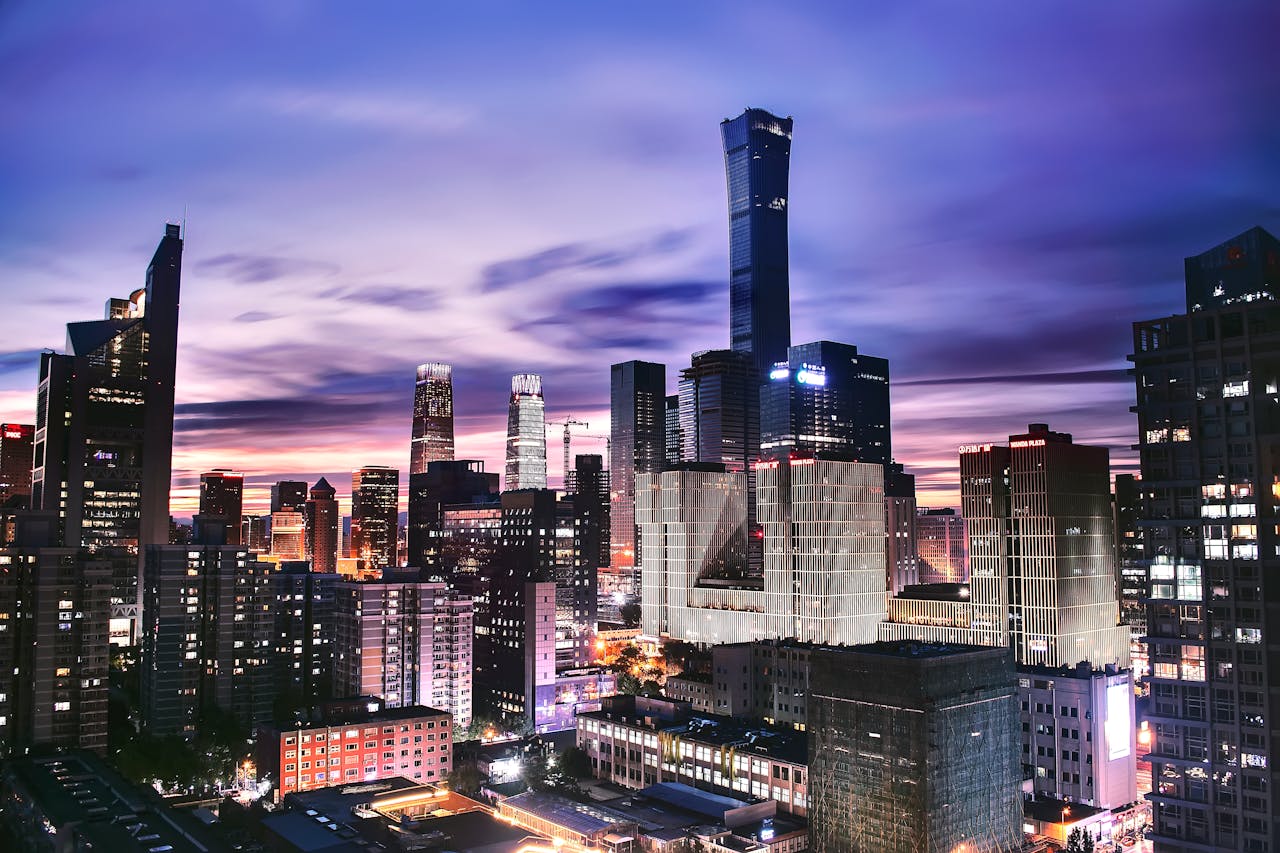
Billionaires may have been a good indicator of China’s dynamic economy – but they are also an all-too-obvious symbol of its sharpening inequality. (Pexels Photo)
By Kerry Brown, King’s College London, The Conversation
“To get rich is glorious.” In the 1980s, this was one of the most famous sayings – unofficially, at least – to describe the ethos at the dawn of the opening-up period in post-Maoist China.
China’s paramount leader of the time, Deng Xiaoping, apparently justified this unorthodox situation for an ostensibly egalitarian Communist country by saying: “First you let some make money, then more will follow.”
And make money they did. One of the earliest examples was Nian Guangjiu, the founder of Chinese snack company Fool’s Melon Seeds, who went from being a poor farmer to a wealthy entrepreneur within a few years. But Nian’s story is something of a morality tale for those who followed.
He spent time in prison accused of embezzlement and other crimes in 1989, and his company was taken from him. To get rich in China was indeed possible, but it was a route that often led to jail and perdition.
Despite this, the scale and speed of growth in China – and the importance of business people, often in the private sector, in generating this – means the country now has a shared phenomenon with the developed world: a group of fabulously wealthy people.
When the first Chinese “rich list” was produced by Forbes in 1999, there was only one US dollar billionaire – a Hong Kong magnate based on the mainland called Rong Yiren.
By 2010, this number had risen, even by a conservative estimate, to over 60. And over the next decade, it soared to 389 – a stunning example of how far China had come since the almost universal poverty of the Maoist years half a century earlier.
The Hurun Report’s wealth tracker, which uses a different methodology in calculating and valuing assets, has gone even further, suggesting China currently has the most billionaires in the world at 814, outpacing the US on 800.
Billionaires may have been a good indicator of China’s dynamic economy – but they are also an all-too-obvious symbol of its sharpening inequality. The Gini coefficient, an international standard of disparities between the richest and poorest in societies, had China in 2021 as significantly more unequal than the US or UK.
Since China’s current president, Xi Jinping, came to power in 2012, his stated ethos has been to “serve the people” and deliver “common prosperity”. That means more wealth, but more equitably shared out. “Common prosperity” was an almost ubiquitous slogan plastered across walls in Beijing and Shanghai when I visited both cities in late August 2024.
However, China’s economy is currently undergoing turbulence as a result of the residual effects of the pandemic and ongoing tensions with the US. The downturn has been severe enough to prompt the country’s central bank into announcing a major stimulus package which has, at least, sparked a rally on China’s stock market.
So, these days, ostentatious wealth and billionaires appearing like they are above the law are unwelcome. According to the Hurun Report data, China lost about 155 members of this elite group between 2023 and 2024, down to its current estimate of 814 billionaires.
Wealth comes at a cost
Beyond the fact that China’s economy has been slowing over the past two years, and the situation in terms of cost of living generally has grown tougher for everyone, there are some other factors that lie behind this chilling of the atmosphere for China’s super-rich.
Some of China’s best-known billionaires, including Alibaba founder Jack Ma Yun, have reportedly left the country after experiencing a political backlash for making statements regarded as disloyal and too critical of the Chinese government and official regulators. And other super-rich individuals may have taken such high-profile cases as good reason to preempt possible trouble by moving out of China.
While not in the class of the absolute richest of the rich, 13,800 millionaires departed China in 2023 according to one report, mostly to the US, Canada and Singapore. The people in this group that I know of seem to be motivated by a mixture of worries about the economics and politics of their home country. The fact it is increasingly difficult to get assets and cash out of China underlines how badly these people want to be based somewhere else.
We shouldn’t overstate the issue, though. It is still OK to be rich in China, if a bit less so than in the past. But it’s probably more advisable to be low profile and very loyal in public to the Communist party – and to get rich working in high-tech sectors that the government favours.
For example, Wang Chuanfu, founder of Chinese electronic vehicle manufacturer BYD, has doubled his wealth in the space of a few years. According to Forbes, he is now worth US$20 billion (£14.9 billion). The environmental and strategic value of his company, and what it makes, means he is relatively safe to continue living in Shenzhen, where he is currently based.
Ironically, though, the richest person in China since 2021 is Zhong Shanshan, who produces very non-technical bottled mineral water under the Nongfu brand. Ultimately, a key factor in keeping out of trouble if you are super-rich in China is either to be in super-high or very low-technology businesses.![]()
Kerry Brown, Professor of Chinese Politics; Director, Lau China Institute, King’s College London
This article is republished from The Conversation under a Creative Commons license. Read the original article.





















